Forgiveness
Forgiveness is one of the hardest things we’re asked to do. Not because we don’t understand it, but because we know what it costs.
What Forgiveness Is Not
Forgiveness is often misunderstood. We confuse it with justifying the harm or explaining it away.
We say things like:
“They didn’t mean it.”
“They were doing their best.”
“They didn’t know better.”
I used to think that was what Christians were supposed to do.
Forgiveness is not minimizing or excusing. But it begins with telling the truth: "This was wrong. It caused harm. It should not have happened."
When I finally told that truth, something shifted. I felt relief. Naming the pain gave me something I didn’t have before: a choice, a choice to forgive and let go.
Forgiveness Is Not Reconciliation
Forgiveness does not mean inviting someone back into your life.
Some people are still unsafe. Some refuse to change. Naming their behavior as wrong is not a sign of bitterness. It is wisdom. Boundaries are not a failure to forgive. They are part of healing.
If you’ve struggled with setting boundaries, you’re not alone. Your desire for safety does not make you less forgiving.
Forgiveness is a one-way release. Reconciliation is a two-way process. It requires truth-telling, repentance, and trust-building. Without those, the relationship may not be safe or possible.
Even with God, reconciliation requires a response. He offers forgiveness freely, but the relationship is restored when we respond. Forgiveness opens the door. Reconciliation walks through it.
You can forgive someone and still keep your distance. You can forgive to be free, not to reconnect.
Why We Forgive
Forgiveness does not excuse the wrong. Those who harmed us still answer to God. The ledger belongs to Him.
So, what is forgiveness for? It is about setting yourself free.
Forgiveness means saying, "You no longer get to shape my life with your sin." It is not about their freedom. It is about yours.
Have you been holding on to pain, thinking that forgiving someone would let them off the hook?
You are not letting them off. You are handing them over. You are trusting God with justice and choosing to walk in mercy.
So, what burden are you carrying that God never meant for you to hold?
What Jesus Meant About Forgiveness
Jesus said if we forgive others, our Father will forgive us. That may sound like a condition, but it is really a reflection of the heart.
In Matthew 18, Jesus tells of a servant forgiven of an enormous debt who then refuses to forgive someone else. The problem wasn’t just his actions. He had not been changed by mercy. He didn’t embrace the freedom he was given, so he couldn’t extend it.
Grace is meant to flow through us, not stop with us.
Forgiveness is a cross-shaped calling. It is not casual. It is costly. But because of Jesus, we are free to choose it. Not because it is easy, but because He already carried the hardest part.
Fleming Rutledge writes,
"Grace is not tolerance. It is not excusing. It is costly. It is the gift of God in the flesh, crucified."
Forgiveness does not erase what happened. It declares that Christ’s sacrifice is enough.
Invitation
So, what do you need to name today?
What pain have you buried? What offense have you excused? What anger is still shaping your story?
Begin again. Be honest. Tell the truth. Then step into your freedom.
Say it with intention: "I choose to forgive _____."
You may need to say it again tomorrow. That is okay. Each time, the chain loosens a little more.
You do not have to feel ready. You just have to be willing. Forgiveness may not change the past, but it can set you free.
Prayer
Father, I no longer want to excuse what hurt me. I want to forgive it. Help me name it and release it into your hands. Thank you for taking sin seriously, so seriously that you gave your Son. I choose to forgive because I want to be free. Teach me to live in your mercy. Amen.

